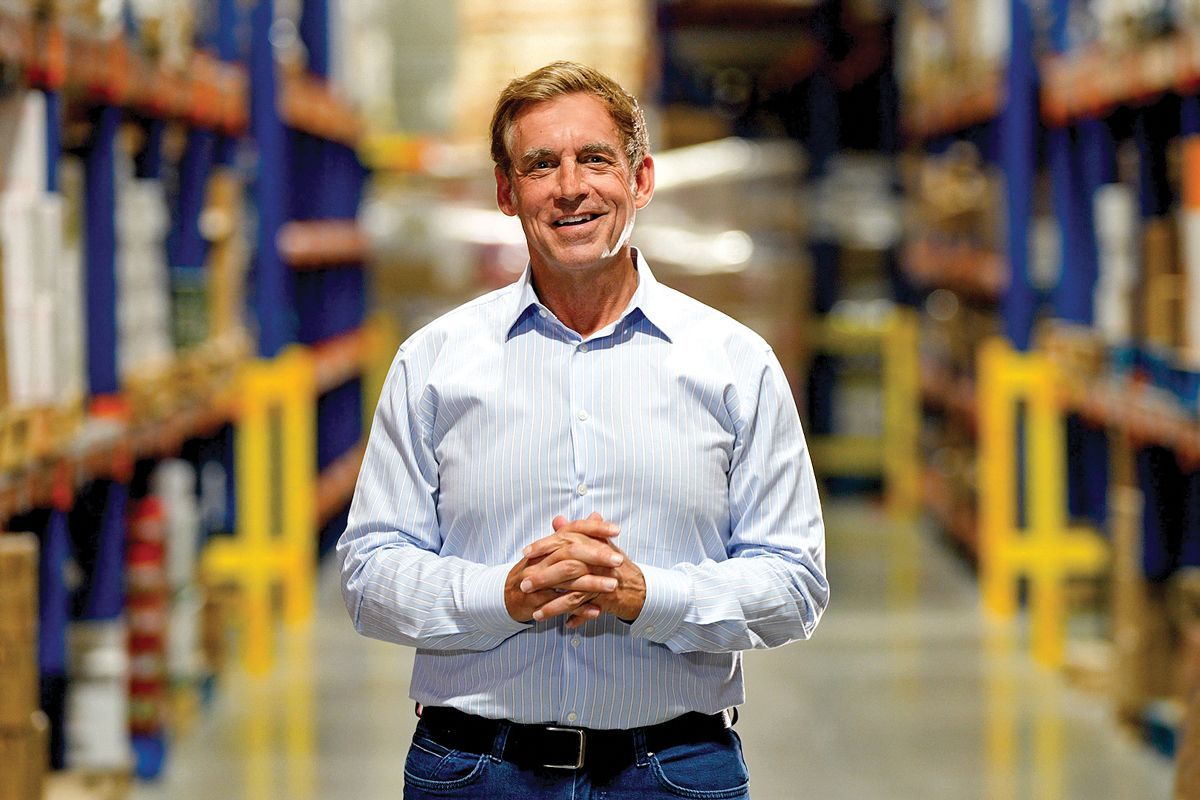Guest column: Ban lightweight plastic bags in Bend
Published 12:00 am Wednesday, April 25, 2018

- Guest Column
On May 2, Bend citizens from various walks of life plan to introduce a petition for an ordinance to ban single-use plastic bags at the Bend City Council meeting. The ordinance applies to lightweight (less than 4 mm thick) bags distributed in grocery stores and some retail stores. The group includes artists, retailers, medical professionals, environmentalists and, most especially, students from The Green Team at Pacific Crest Middle School, whose passion for the issue has helped propel our movement.
Many of us are aware of the environmental and health hazards of plastics in our environment.
To summarize, between 800 billion and 1 trillion disposable bags are distributed annually worldwide. The average family takes home 1,500 bags a year. The average bag is used for a total of 12 minutes. The amount of plastic waste on our earth equals the size of the country Argentina — 3 feet in depth. Most of the plastic ends up floating in the ocean or in landfills. Less than 3 percent is recycled.
Plastics are produced with natural resources requiring billions of pounds of fossil fuels and billions of gallons of fresh water.
Their production results in billions of pounds of solid waste and millions of tons of CO2 annually. The consumer absorbs the annual cost, estimated to be $37.50 per person.
These bags are nonbiodegradable and remain in landfills, rivers, streams and oceans for thousands of years. They clog storm drains that can cause flooding and never fully decompose. The bags break up into smaller pieces that are swallowed by avian and marine life. Up to 1 million seabirds and 100,00 marine mammals and turtles die each year. In recent months, two whales died from swallowing plastic; one was found to have ingested 64 pounds.
There are potential health issues created by ingested plastic that are transmitted through the chemicals high-density polyethylene and polyvinyl chloride, of which they are made. These chemicals disrupt normal hormonal and reproductive functions, can promote cancer, decrease fertility and cause developmental delay. Our local water supplies contain plastic byproducts to which we are exposed on a daily basis. We don’t yet fully understand or acknowledge the extent to which these environmental toxins affect our long-term well-being. The medical costs are potentially astronomical.
The recent Earth Day fair provided an opportunity to discuss the issue with local citizens and a multitude of visitors. Most of those approached are very supportive of a ban; a few provided arguments that include, “the (reusable) bags are in my car, but I forget it,” “we should just make ones that are biodegradable” and “I heard there are enzymes that might dissolve them in the future.”
Considering that biodegradable bags are not currently available on a wide scale, doesn’t it make sense to form the habit of bringing recyclable bags when we shop? Should we really wait for technology to bale us out of the plastic-waste problem?
A question arises whether a fee or ban is more useful. In countries where there is a bag fee (Ireland), usage initially dropped up to 90 percent, but then began to rise.
Total bans have overall been more effective for removing this form of plastic from the environment and have been implemented in Hawaii and California. Although a statewide ban did not pass in Oregon, they have passed in the cities of Portland, Eugene, Corvallis and Ashland. Each city has a different method of phasing them out of circulation.
Across the globe, two countries (Italy and France) passed an outright ban, while Costa Rica has a systematic approach to phase them out by 2021, giving citizens time to adjust. Visitors arriving in their main airport are greeted with a sign asking no one to bring in or use plastic bags while in the country!
Having the good fortune to attend the first Earth Day fair in New York City on April 22, 1970, I became acutely aware of human impact on our environment and vowed to improve conditions for future generations. There is much to be done.
An ordinance to ban single-use plastic bags is a good place to start. Please contact our Bend City Council at bendoregon.gov and advocate for a ban on single-use plastic bags. Four “yes” votes are required for the measure to pass!
— Mary Ellen Coulter is a physician in Bend.







